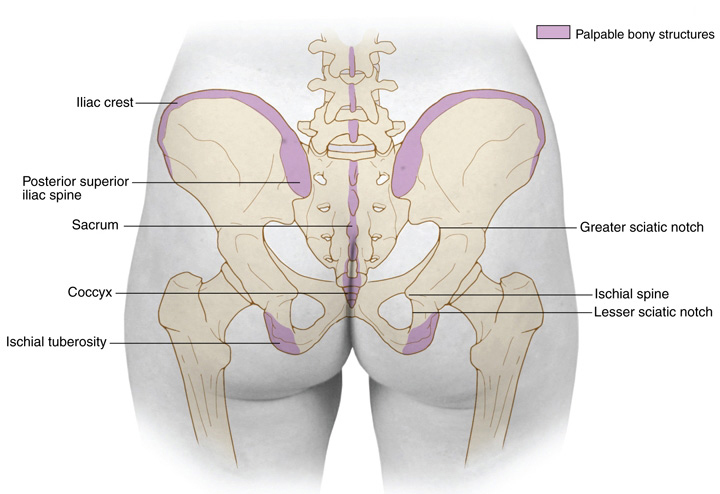Well, I can tell you this: everyone deserves to know what their own body is capable of achieving. I’m amazed and inspired by women and the entire birth process. I want everyone to see giving birth as the incredible, life-changing experience that it is. Women can come out of birth a stronger, more confident version of themselves, ready to take on parenting and a new chapter of life. The female body is a powerhouse, and labor is an opportunity to harness your power, your inner strength.
While women are independent and capable, we still need someone to help us tap into our strength, to minimize fear, and be there for us during our most vulnerable time. Here’s where I come in! First and foremost, I want you to feel safe. In order to have a positive attitude about your birth, I plan to help you trust your body. Minimizing fear will promote relaxation and smoother labor.
A little about me… I’m very compassionate, warm, and maternal by nature. Also, I have boatloads of energy, day and night, plenty to share with you. I’m 21 years old, and I’ve never given birth myself, but that doesn’t mean I cannot relate to you. In fact, I see it as a good thing because I have no biases. I’m not here to impose any of my own values or preferences. I’m open and excited to support you through whatever plan you envision for your birth.
I have been given the honor to commit my time and energy to magnificent, child-bearing women. I hope you hire a doula and have the opportunity to be a dreamer, as well, and have the birth that you envision!










 RSS Feed
RSS Feed

